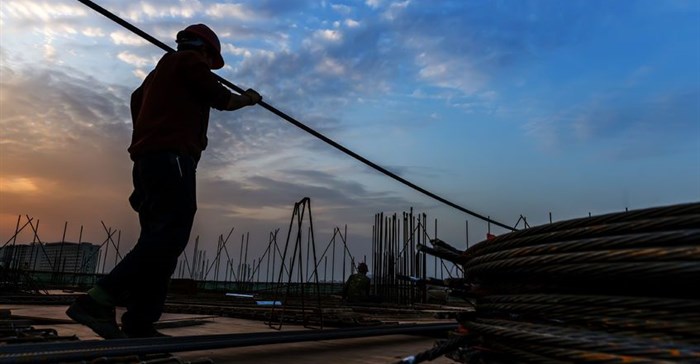Kenya
In Kenya, the successful transfer of power at the recent elections has renewed confidence in the government, long-term economic stability and, consequently, its markets. As the construction market heats up, the main challenge will be finding financing as the government battles high public debt.
At 5.5%, Kenyan GDP growth is forecast to be well above the Sub-Saharan average in 2018 and is expected to remain strong, trending at just under 6% for the medium term. Slower inflation in 2018 allowed the central bank to lower interest rates by 0.5% so far to 9.5%, aiding the economy’s expansion.
“With Kenyan construction projects being won in the renewed confidence after the elections, tender prices are recovering to pre-election levels. However, we believe the real acceleration will be seen in 2019 when work won after the election comes through to market,” says Simon Herd, MD for MaceYMR.
South Africa
In contrast, South Africa is still struggling with uncertainty. The government is stuck between two contradictory objectives – reforming the economy to give confidence to investors, and maintaining popular support in the run up to the 2019 election.
Whilst slightly recovered from the dismal growth of 2017, the 1.5% South African GDP growth anticipated this year is unlikely to fuel a significant recovery in construction demand.
“In South Africa, with activity levels slow to pick up despite improved confidence, we are seeing construction firms failing as the pipeline of government projects looks increasingly unreliable. Despite growing costs, tender prices will continue to hold at current levels due to the low levels of demand, seeing some erosion in margins,” says Mandla Mlangeni, director for MMQSMace.
More widely, Sub-Saharan Africa will see many factors sustain strong average growth over the next five years. The tailwinds of rising commodity prices, robust Chinese investment and strong pipelines, and the pull of significant infrastructure needs combine to sustain high demand for construction across the continent.
Download the report.

























